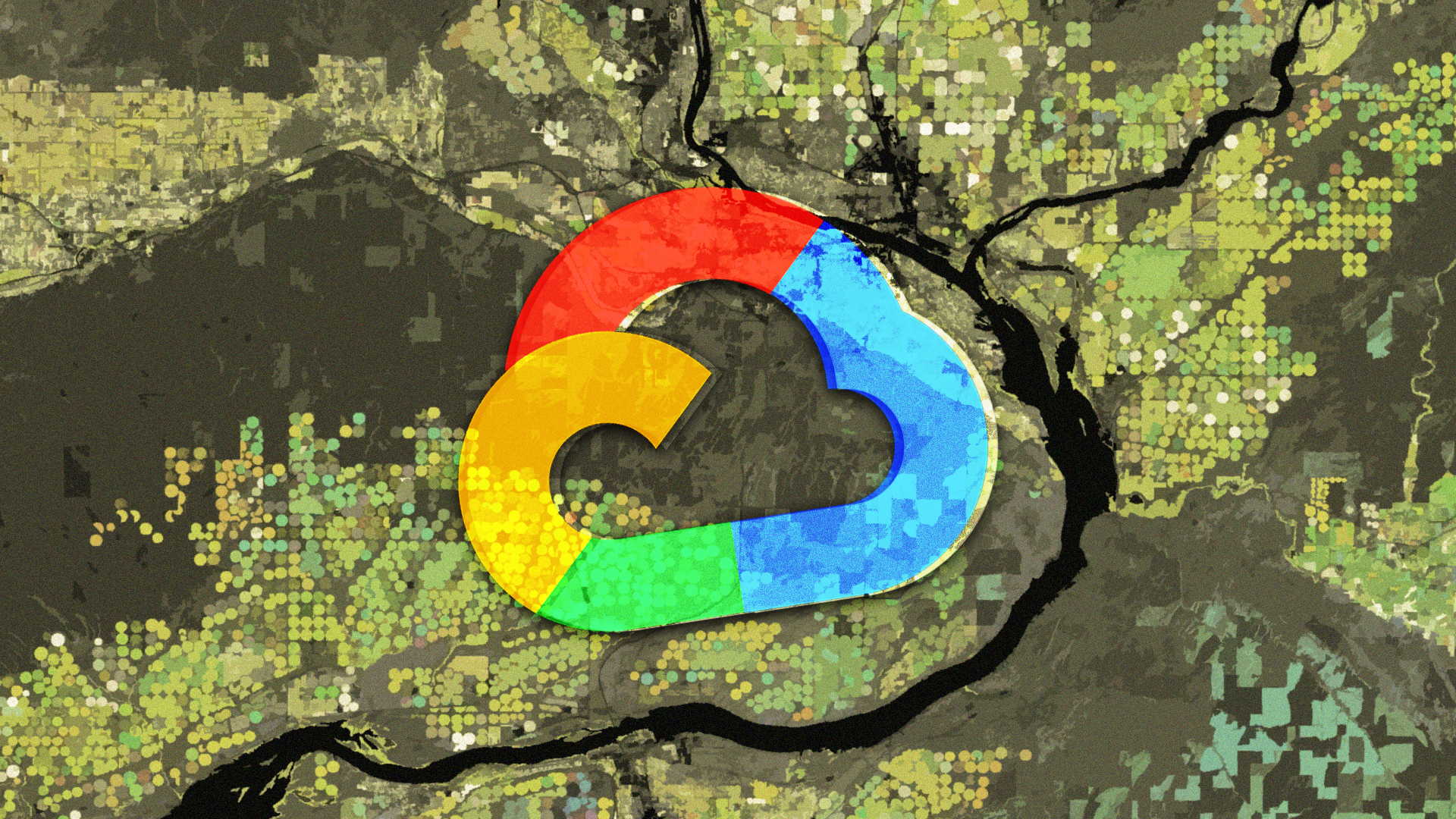For the first time, Google Cloud is commercialising its Earth Engine software for companies. This means they can now keep tabs on their own ecological footprint with real-time, detailed data – and so can we.
This is a greenwasher’s worst nightmare, and we’re pretty excited about it.
Among the boundless applications of cloud computing is the ability to map out real-time digital info-graphics of our planet.
Talking of which, Google’s Earth Engine is arguably the most comprehensive geospatial service available. 70 petabytes (approximately 70,000 terabytes) of data stretch 50 years back, with new satellite scans updating every 15 minutes.
This allows for a holistic overview of the Earth’s surface temperature, atmosphere, croplands, land cover, weather patterns, and overall climate – and how each is changing over time. I’d imagine a time-lapse on the latter makes for depressing viewing.
Up until an announcement at the Sustainability Summit this week, the service had been limited to a very exclusive club of NGOs and researchers, but it will now be open to any commercial company that wishes to use it.
This specific version of the technology, available under an open subscription model, is called Earth Enterprise and focuses on packaging visual data to show a company’s specific impact on the environment.




















